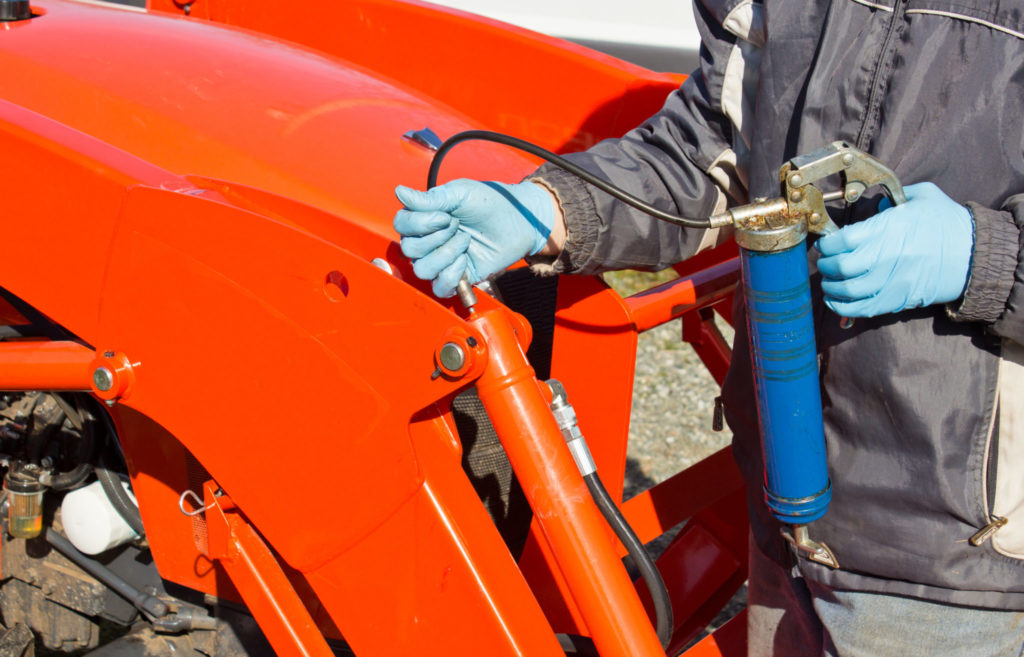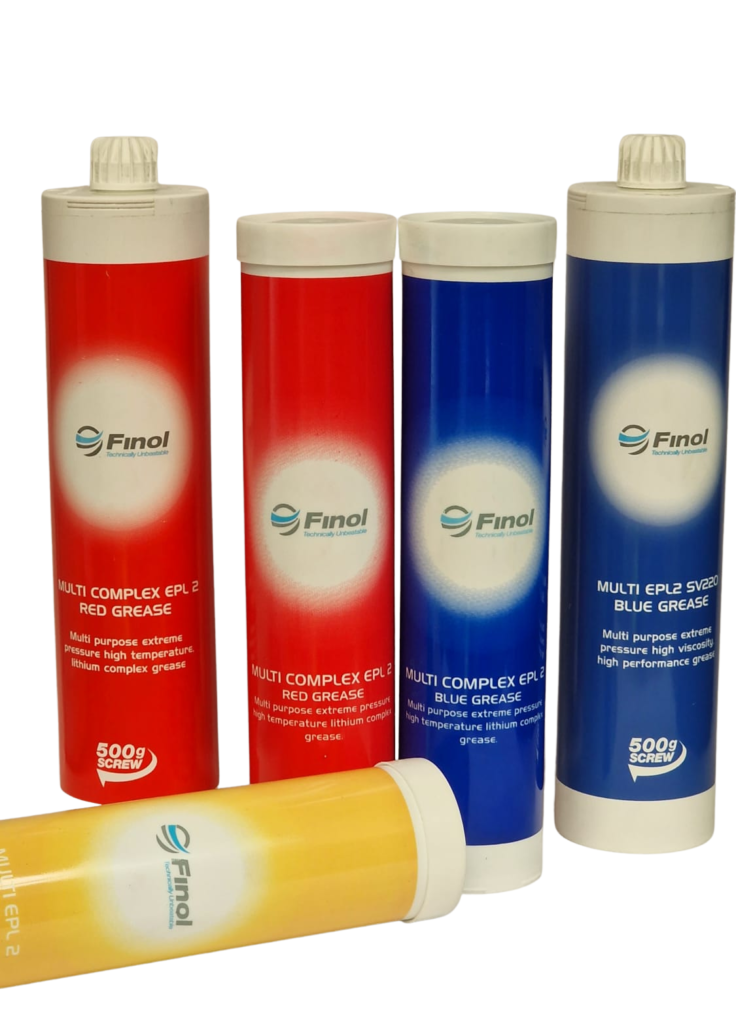We value your privacy
Our website uses cookies to enhance your experience. By continuing to use our website, you are agreeing to our use of cookies. Necessary cookies are always enabled. You can read more about our Cookie Policy in our Privacy policy
We value your privacy
Strictly Neccessary
Essential cookies enable core website functionality, such as secure logins and preference settings, without tracking personal activities or collecting data for ads. They ensure the site's proper operation and legal compliance, remaining always active
Preferences
Preference cookies enhance your browsing by remembering settings like language and regional preferences, tailoring the site to your needs without tracking activity across other websites
Statistical
Statistics cookies gather anonymous data on site interactions and page visits to help improve functionality, ensuring a smoother user experience without personally identifying users
Marketing
Marketing cookies are used to identify visitors across different websites, such as those operated by content partners or ad networks. These cookies allow companies to build a profile of a visitor’s interests and preferences, enabling the delivery of personalized ads that are relevant and engaging on other websites.
Cookies are small text files stored on your computer by websites you visit. They help users navigate websites efficiently and enable certain essential functions.
Cookies necessary for the website to function properly can be set without your consent, while all other cookies require your approval before being used in your browser.
Additionally, we use cookies to gather data for personalizing and evaluating the effectiveness of our advertising.
For more information, please refer to the Google Privacy Policy.
You can find the list of all the cookies that we use on our website here.
Lorem ipsum dolor sit amet, consectetur adipiscing elit, sed do eiusmod tempor incididunt ut labore et dolore magna aliqua. Ut enim ad minim veniam, quis nostrud exercitation ullamco laboris nisi ut aliquip ex ea commodo consequat.
Home / Choosing The Right Grease
In a time where farm costs are continuing to spiral due to influences outside of our control, we must be diligent on elements that affect prices that can be controlled. One central element is the upkeep and maintenance of the vital machinery needed to run the farm. While most people will ensure machinery is serviced regularly or at required service intervals, many are unaware that regular checks and maintenance practices between services can help ensure a machine’s service life. It can prevent unplanned downtime, which can be costly in the repair costs, the missed production time and delays in work.
In our article on how machinery maintenance can reduce farm costs, from earlier in the year, we outlined how simple daily preventative maintenance checks can help ensure your machinery’s optimal performance. We outlined how these checks can contribute to extending the service interval to reduce maintenance costs and how choosing the right engine & transmission oils to reduce fuel usage can all contribute to lowering farm costs.
One of the daily preventative maintenance checks was to check on the machines fluids and greases to ensure there are no leaks and that they are at the optimal levels for efficient performance. Whilst checking fluids can be simple as most oil, or coolant reservoirs will have min & max indicators or dipsticks, checking the various grease points and choosing the correct grease can be a bit more cumbersome.
Grease performs several functions on farm equipment. The primary function is the lubrication of the moving parts to help reduce friction and heat between the parts. Without grease, the moving parts would wear & tear against each other through friction and heat build-up, causing regular breakages to the parts and increasing downtime of your important farm equipment. With grease applied, this reduces the friction between the parts. It acts as a lubricant between the parts, creating a protective barrier. In addition to this, grease occupies the space between the parts, helping prevent dust or dirt from getting into these spaces to cause damage. The grease also helps cool down the moving parts preventing them from overheating and breaking.
It is essential to ensure your machinery is greased correctly and regularly. Before looking at the greases, it is vital to understand all the grease points on your machinery and where you must apply grease. Most machinery brands will have similar grease points, but there will always be some variations, so it is essential to check the machine’s manual to check all the points. Some of the more common points include ball joints, pivot points, bearings, kingpins, linkages, etc., but there can always be other unknown points.

Before applying the grease, it is important to clean the grease point and area around the greasing area to prevent forcing any dirt into the grease area when pumping the grease in, which would increase the wear & tear on the moving parts.
Knowing how much grease to apply can be tough, especially in enclosed areas. Some think forcing the grease in until no more will go in or until it pops out through the seals will do. Or for open areas smothering the area in grease to ensure coverage. But this is not so, and indeed these practices can cause damage to your machinery parts, with many engineers saying over greasing is just as bad as having no grease. Popping seals with over greasing will stretch the seals. They will not return to their original state, meaning the enclosed area is no longer sealed and is susceptible to dirt, water, & dust. Dirt & debris will be attracted to grease, so excess grease in areas will encourage more dirt & debris into the area, which will increase the friction and break down the grease and parts.
The best practice for greasing is to grease less and grease more often to ensure there is grease present to protect your machinery and prevent over grease areas. If you are unsure how much, you can also refer to the owner’s manual for guidance on the frequency and amounts required. Some points will require daily greasing whilst others will be less frequent, and in cases of extreme mud, wet or hot conditions the suggested intervals should be vastly reduced. The best advice is to keep a maintenance log for your machinery to ensure you can track these and check this daily to see what is required for that day before starting any work with the machinery.
Not all greases are the same, and in many cases, some grease thickeners used, such as lithium, calcium, clay & graphite, are not compatible with each other and, when mixed, can break the grease down, so you must select the right grease for your farm. The first place you should consult is the machinery owner’s manual to see the recommended greases. In some cases, this may give options depending on the temperature ranges the machinery will operate in and the pressure the machinery will be under. These aspects, along with the type of base oil and type of thickener and additives used, should be checked on the greases you are choosing.
Many manuals will either direct you to a specific grease or its’ equivalent but may also say to use a multipurpose NGLI 2 grease. This multipurpose mineral-based lithium grease is the most common type of grease used on farms due to this and its price. However, NGLI 2 greases differ vastly. Many different types and brands offer different formulations for different performance levels and applications that may not always be suitable for your application.
Modern engineers and grease experts today recommend people look to upgrade their lubricants & greases to the more modern synthetic types for increased benefits. For those operating a regular maintenance schedule and following best practices for greasing their machinery, the extra performance, protection & extended interval benefits of the synthetic higher temperature, higher-pressure, water-resistant greases will negate the upfront price difference and ensure the longevity of your machinery further.
Finol Oils offer a full range of grease for all applications from international lubricant brands TotalEnergies, & PetroCanada. Also, they offer a range under their own Finol brand. These ranges include traditional mineral greases and modern synthetic high-performance greases. Finol stocks this extensive range in various pack sizes, including 400 & 500g standard and screw in cartridges up to buckets & barrels for large users. Finol also offers a dedicated technical desk with a team of technical experts who can discuss your applications to find the right product or discuss the option of rationalisation of your greases and upgrading the grease to get the great benefits outlined. To find out more or get a free quote, please visit www.finol.ie/agri-grease Or contact 01 5827111.

Finol Oils has been distributing high quality, approved, internationally branded lubricants and grease for over 40 years.
The experience gained by us over this time in the technical aspects of lubricants and the knowledge we have learned from our international partners, i.e. TotalEnergies and Petro-Canada, means we can offer you impeccable service in helping you choose the right lubricant for your farm machinery and ensuring you can start to benefit from these great cost-savings discussed.
Finol offers the full range of TotalEnergies’ Agriculture Lubricants, Petro-Canada Lubricants and also our AgriworX range filled with high-quality products, supplied by international-branded partners.
To find out more about the full range of dedicated agriculture lubricants, contact our technical team directly at: 01 4555484 or click here.
Finol Oils, 3 Stannaway Drive Crumlin Dublin 12, D12 X2PN | Tel: (01) 582 7111 | Email: websales@finol.ie